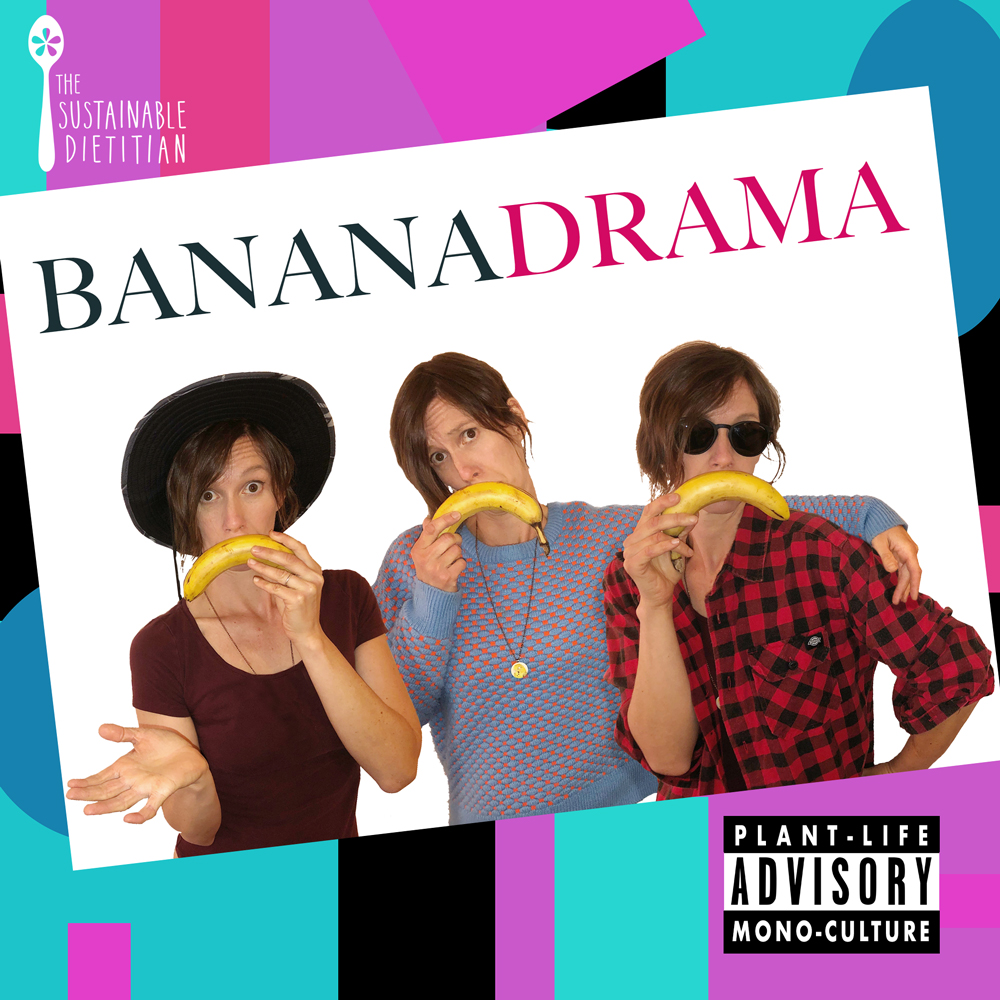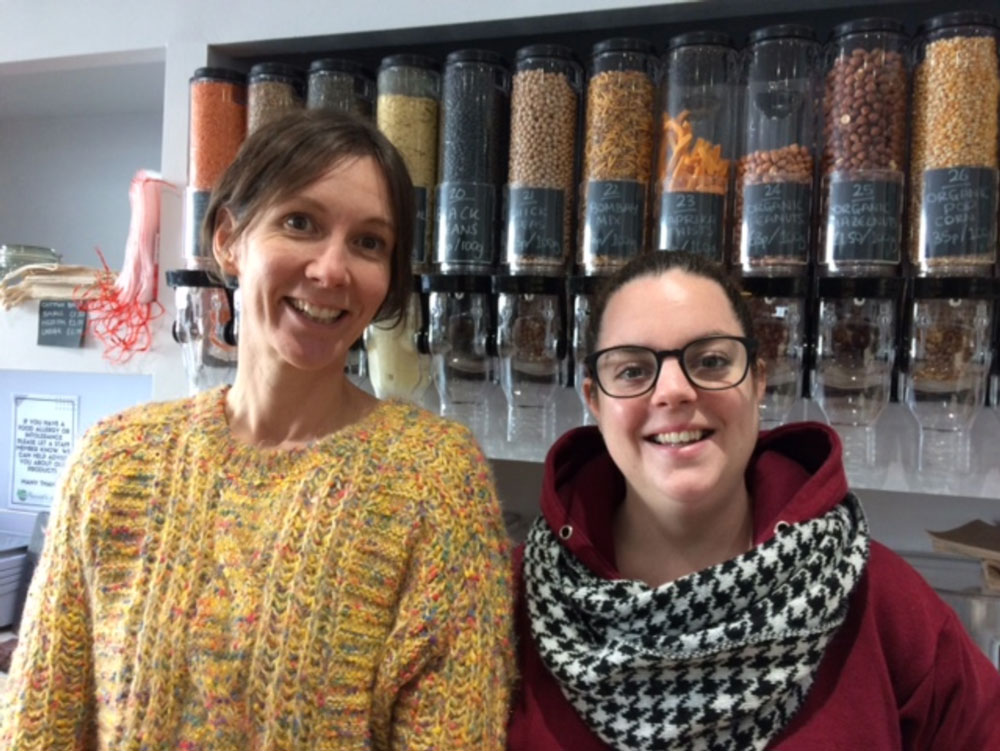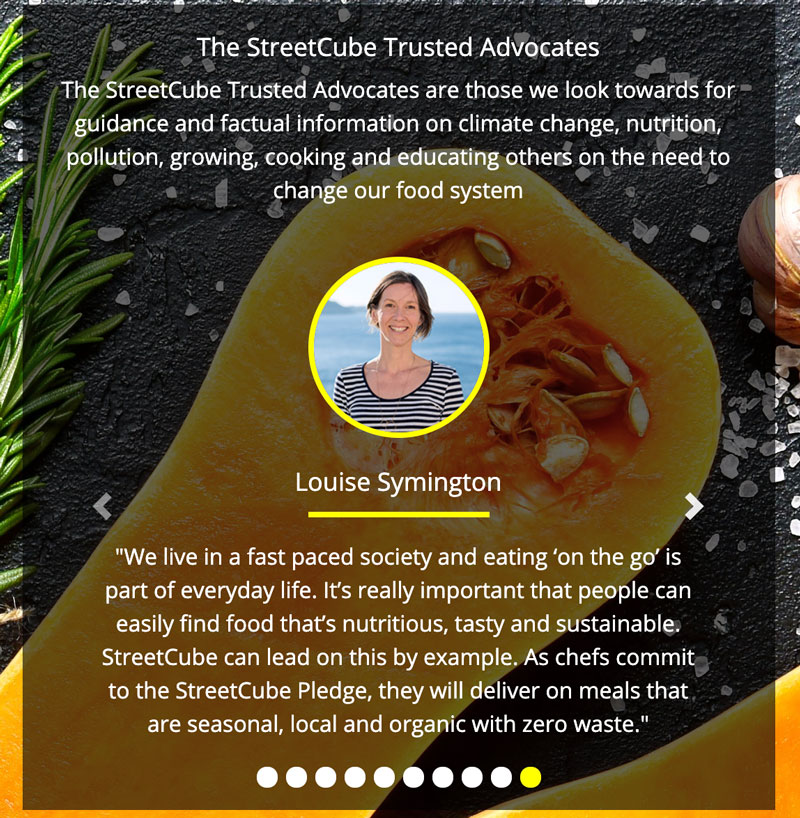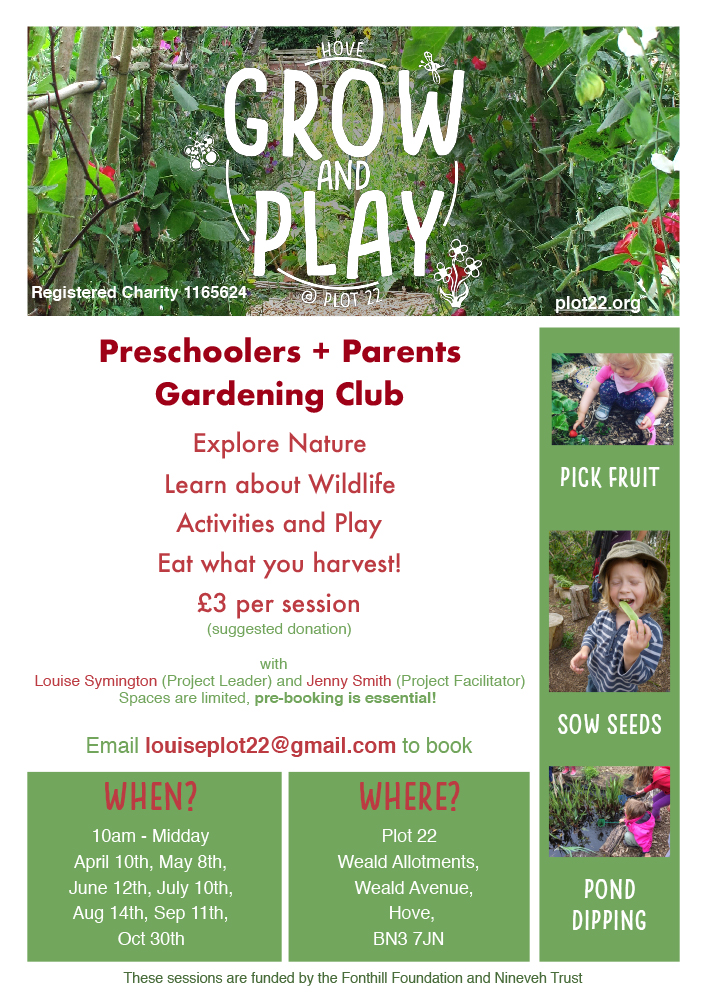The Sustainability of Bananas
Like much of the UK population, bananas are my favourite fruit. They’re packed with potassium, Vitamin B6 and many other vitamins, minerals and phytonutrients. They make a perfect snack to sustain energy levels thanks to a combination of ‘quick’ and ‘slow’ releasing sugars. To meet our desire for this fabulous fruit we import around 5 billion bananas into the UK every year!
Environmental credentials
In terms of sustainability, bananas have a fairly low environmental impact. This is due to their low carbon footprint which is estimated at 0.48 kg CO2e per kilo. If we compare this to UK tomatoes (grown in greenhouses) which are 2.5 kg CO2e per kilo, this seems quite small. Bananas are energy efficient as they use natural sunlight to grow. They also come with their own tough skin which acts as natural packaging. This is favourable compared to soft berries that need plastic packaging to keep them in perfect condition.
The drama
Global plantations are now under serious threat from Panama disease. Major companies such as Fyfes and Del Monte, have become over-reliant on growing just one species known as the Cavendish. This variety is popular because it was (at first) disease resistant, easy to grow, easy to transport and sweet. Global production methods which rely growing only one species (monoculture) can be problematic. Bananas have become a monoculture crop. Planting the same crop in the same place each year drains nutrients from the soil. This is because nutrients are not naturally replenished as with polyculture and crop rotation techniques. As monoculture soils need more fertilisers it keeps the artificial cycle of nutrient depletion and repletion going. Furthermore, when disease strikes all the plants are susceptible and killed off in one go as there is no natural variety to limit the damage. All that’s left is infertile waste land.
Panama disease is now spreading rapidly throughout plantations and threatening the survival of this Cavendish variety. So far it’s spread through Sout- East Asia, China, Australia and Africa. It seems like a ‘no brainer’ but if banana plantations diversified species then one disease wouldn’t have such a disastrous effect.
So what can we do?
It’s tricky as we are at the mercy of what industry provides us! However, if consumers are willing to try new varieties it may encourage producers and suppliers to invest in these crops meaning we will have a more secure supply in the long term.
There are some alternative varieties to the Cavendish such as the ‘Latundan‘ banana (also known as Tundan/Apple Bananas) and these can already be found in some supermarkets.
If you’re working for a food company or retail chain, find ways to identify, sample and try new varieties of banana. Whether this be for new product formulation or simply to be marketed straight to the consumer. This will help our banana supply be more sustainable in the long term.
I offer consultation services to the food industry including: Product Development, Menu Design, Supply Chain Analysis and Sustainability Cooordination. If you would like best-in-class guidance on this or any foods, please get in touch.
Citations
- How Bad Are Bananas? The Carbon Footprint of Everything (Mike Berners-Lee, 2010)
- Coop life cycle analysis (2009)










